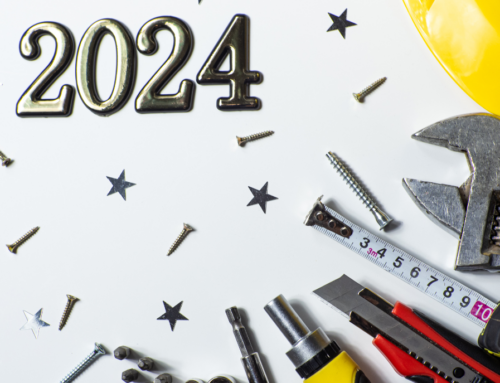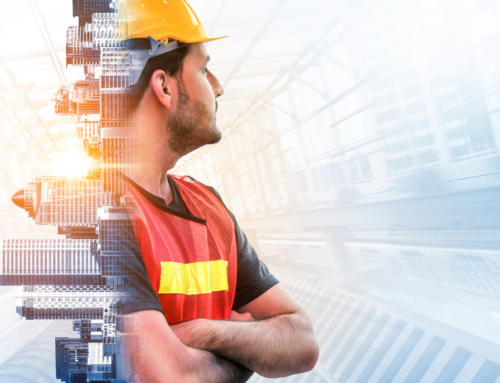In recent years, there has been a significant shift towards building smart cities that are equipped with advanced technological infrastructure to improve the quality of life for its residents. Smart cities leverage technology to improve transportation, healthcare, energy efficiency, and more. As these cities continue to evolve, they will also change the construction industry in the next five years. In this blog, we will explore how smart cities are changing the construction industry.
- Sustainability is a top priority:
One of the key features of a smart city is its focus on sustainability. Sustainable construction practices are becoming increasingly important in the industry, and this trend will continue to grow. In the next five years, we can expect to see a rise in the use of renewable energy sources such as solar and wind power, as well as the integration of energy-efficient technologies such as smart lighting and HVAC systems in construction projects.
- The rise of smart buildings:
Smart buildings are another important feature of smart cities. These buildings use advanced technologies such as sensors, automation, and machine learning algorithms to optimize energy consumption, improve indoor air quality, and enhance occupant comfort. In the next five years, we can expect to see an increase in the construction of smart buildings, which will require a new set of skills and expertise from construction professionals.
- Advanced construction technologies:
The construction industry has been slow to adopt new technologies, but with the rise of smart cities, we can expect to see a rapid increase in the adoption of advanced construction technologies. These technologies include drones, 3D printing, and augmented reality, which can be used to improve construction efficiency, reduce errors, and increase safety. In the next five years, we can expect to see an increase in the use of these technologies on construction sites.
- Emphasis on data and analytics:
Smart cities generate a massive amount of data, and the construction industry is no exception. With the rise of smart cities, we can expect to see a greater emphasis on data and analytics in the construction industry. This will include the use of sensors to gather data on construction sites, the use of machine learning algorithms to analyze this data, and the implementation of predictive analytics to anticipate future needs.
- Collaborative construction practices:
Smart cities require a collaborative approach to construction. Construction professionals must work together with city planners, engineers, architects, and other stakeholders to create a cohesive and integrated infrastructure. In the next five years, we can expect to see an increase in collaborative construction practices, which will require a new set of skills and expertise from construction professionals.
In conclusion, smart cities are changing the construction industry in significant ways. From a greater emphasis on sustainability to the rise of smart buildings and advanced construction technologies, the construction industry is undergoing a transformation that will require new skills and expertise from construction professionals. With the right training and education, construction professionals can take advantage of the opportunities presented by smart cities and help create a more sustainable and connected world.








Leave A Comment